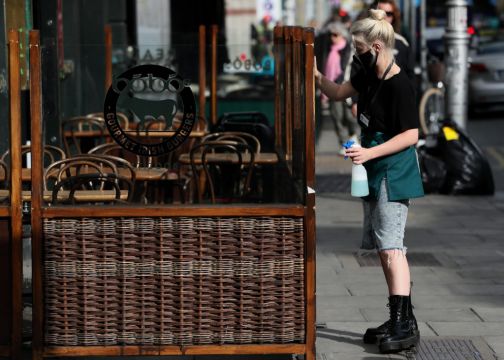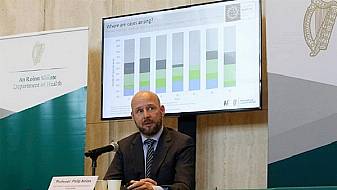A combination of stagnant wages and higher housing costs have left young workers in Ireland financially worse off than their parents, according to a study by the Economic and Social Research Institute (ESRI).
The research found that earnings have flat-lined for young people entering the Irish labour market and that workers in their 20s are – in real terms – earning less than they did in the 1990s and 2000s.
As The Irish Times reports, their situation is compounded by higher housing costs fuelled “by rapidly rising rents”, it said. This is in part because home ownership rates for young adults has “collapsed”.
While more than 60 per cent of those born in the 1960s lived in a home they or their partner owned by age 30, this had fallen to 39 per cent for those born in the 1970s and 32 per cent for those born in the early 1980s.
As a result, millennials in the 20s and 30s are likely to be the first generation in Ireland to have lower living standards than the previous one. Historically, every generation has enjoyed a higher standard of living than the one before.
The ESRI’s findings are part of a wider report entitled Poverty, Income Inequality and Living Standards in Ireland, which is due to be published later this week.
Economic fallout
The report found that young adults have been “disproportionately” hit by the economic fallout from Covid-19, suffering significantly higher rates of unemployment.
It noted that there were 112,000 fewer 15-34 year olds in paid work in the final quarter of 2020 than a year earlier, compared to 93,000 fewer workers aged 35 and older.
Proportionally, employment was 14 per cent below its pre-pandemic level for those age 15-34, compared to just 6 per cent below for those in the age 35-plus category.
These job losses were likely to compound “the still-lingering effects of the financial crisis”, which left almost a third more 20-24 year olds not in employment, education or training (NEET) than in 2007, it said.
“A growing body of economic research finds entering a depressed labour market has large, negative impacts on earnings and employment that can take 10-15 years to fade,” the report warned.
The study also found there has been “widespread stagnation in earnings growth” since the 2008 financial crisis, with average earnings for those born in the 1980s no higher from age 25 to 35 than for those born in the 1970s.







